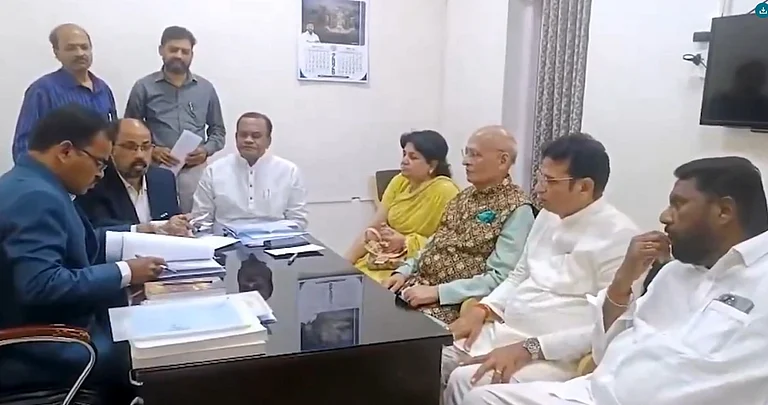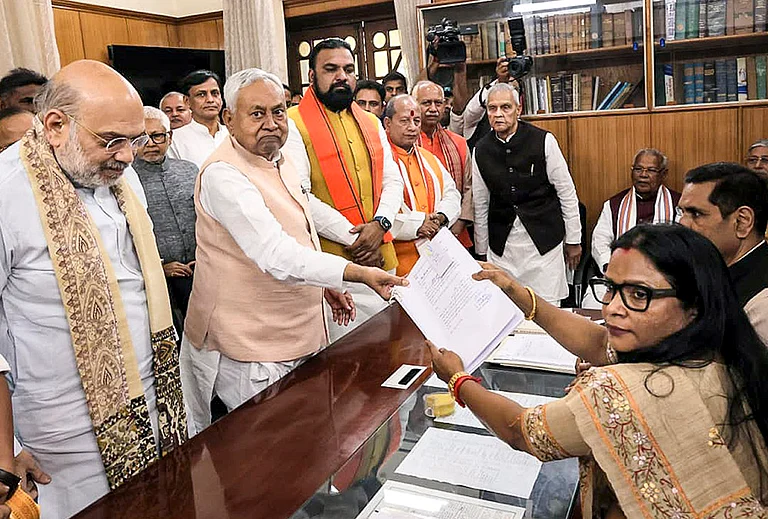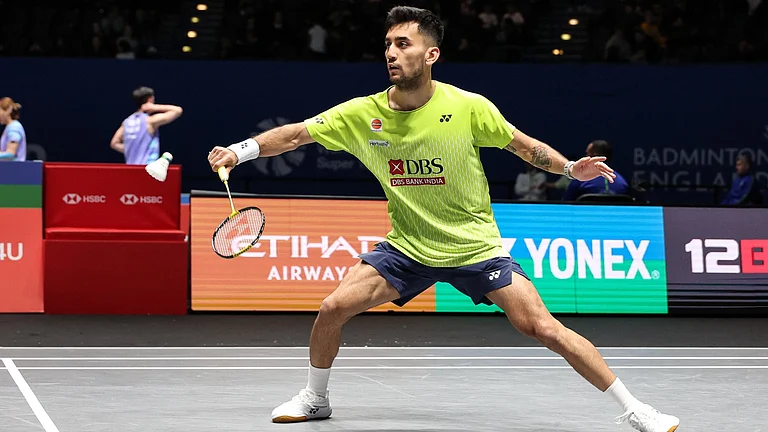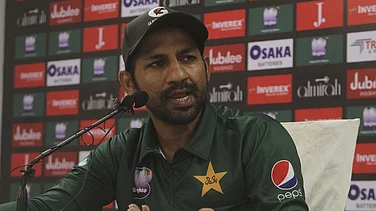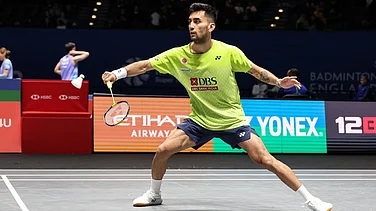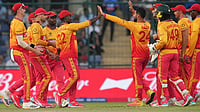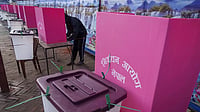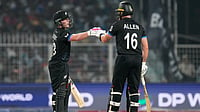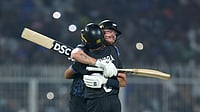In a surprise development, the legendary P T Usha on Saturday announced that she will contest for the post of Indian Olympic Association (IOA) president when the sports body holds its election on December 10. (More Sports News)
The 58-year-old Usha, multiple Asian Games gold medallist and fourth-place finisher in the 1984 Olympics 400m hurdles final, made the announcement through a tweet.
"With the warm support of my Fellow Athletes and National Federations I am humbled and honoured to accept and file for the Nomination of the President Of IOA!," Usha tweeted.
The deadline to file nomination papers for the IOA elections ends on Sunday. According to IOA elections returning officer Umesh Sinha, no nomination has been filed for any post so far since the process began on Friday.
Usha, a top sprinter in her heyday, has also been elected as one of the eight Sportspersons of Outstanding Merit (SOM) by the Athletes Commission of the IOA, making her an electoral college member.
Usha, fondly known as 'Payyoli Express', is being seen as a candidate of the ruling Bharatiya Janata Party, which had nominated her as a Rajya Sabha member in July.
She is one of the most decorated Indian athletes, having won 11 medals, including four gold in the Asian Games from 1982 and 1994.
She won all four gold in the 1986 Seoul Asan Games -- 200m, 400m, 400m hurdles and 4x400m relay -- and also bagged a silver in the 100m.
Usha also won 100m and 200m medals in the 1982 New Delhi Asian Games. She also won a phenomenal 23 medals, including 14 gold, in the Asian Championships from 1983 to 1998, collectively in 100m, 200m, 400m hurdles, 4x100m relay and 4x400m relay.
But she is most remembered for missing out on a medal in the 1984 Los Angeles Olympics 400m hurdles final, where she was beaten by Cristieana Cojocaru of Romania by one-hundredth of a second.
If she is elected as president on December 10, Usha will become the first sportsperson to have represented the country and also become IOA chief since Maharaja Yadavindra Singh, who played a Test match in 1934.
Singh was the third IOA president who held office from 1938 to 1960.
The sudden announcement of Usha as presidential candidate has taken some IOA officials by surprise. Most of them are not willing to talk on record, simply saying that they still have one day to decide their future course of action.
Recently, a similar situation arose in All India Football Federation (AIFF) when Kalyan Chaubey -- a BJP leader from West Bengal and a former goalkeeper -- entered the fray as surprise candidate in the elections held under the supervision of the Supreme Court and grabbed the top job.
The IOA elections are also being held under the supervision of SC-appointed retired apex court judge L Nageswara Rao under the new constitution prepared by him.
The IOA adopted the new constitution on November 10 after getting approval from the International Committee.
The IOA has been a faction-ridden body for long and it remains to be seen if the rival officials come together for a fight against Usha in light of the new developments.
The 77-strong IOA electoral college has nearly 25 per cent former athletes with a host of current and former sportspersons, including Olympic medallists P V Sindhu, Gagan Narang, Sakshi Malik, Yogeshwar Dutt and M M Somaya among its members.
There are 66 members from 33 National Sports Federations which have nominated one male and one female each, eight SOMs (four male and four female), two from the Athletes Commission (one male and one female) and a member of International Olympic Committee in India, Nita Ambani.
The IOA electoral college also has more women members (39) than males (38).
The IOA polls will be held to elect one president, one senior vice-president, two vice-presidents (one male and one female), one treasurer, two joint secretaries (one male and one female), six other Executive Council members, out of which two (one male and one female) shall be from the elected SOMs.
Two members of the Executive Council (one male and one female) will be the Athletes' Commission representatives.



